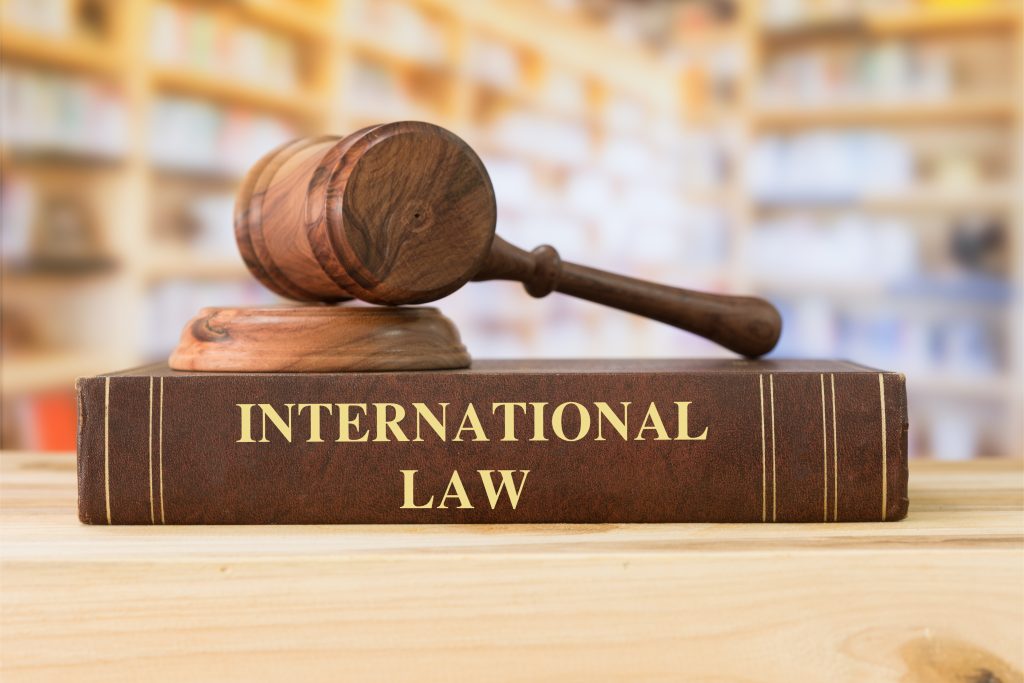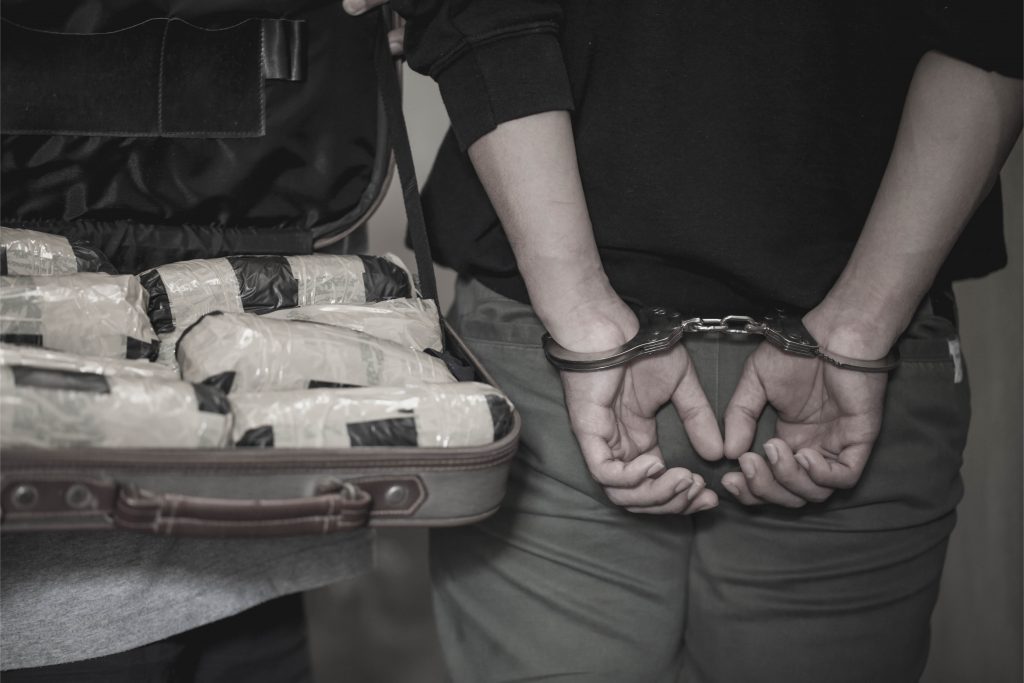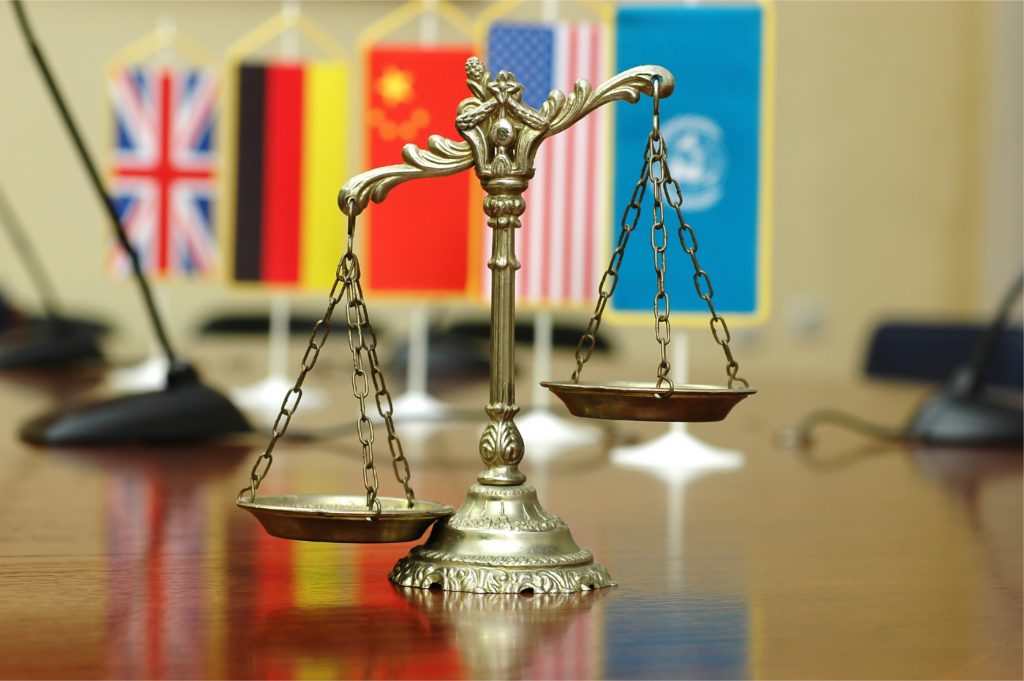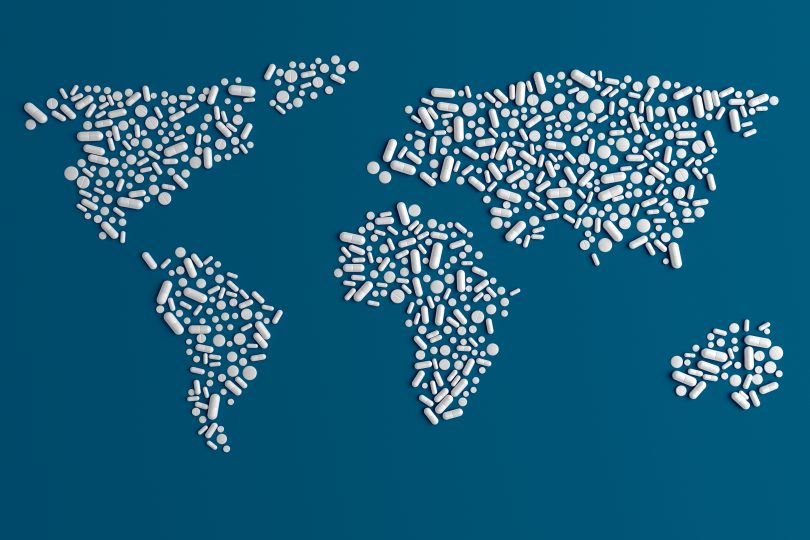Every country has its own drug laws, which make it confusing that there are also global drug laws. Sometimes its hard to tell if these global laws really hold any value. There are three international drug treaties, but what do they really mean to the countries of the world?
International drug treaties exist to govern drug laws, but how relevant are they, and do we really have to care? We’re an independent news publication focusing on the emerging cannabis industry. Keep up by subscribing to The THC Weekly Newsletter, and also gain access to deals on products like edibles, vapes, and tons of other cannabis paraphernalia, as well as cannabinoid compounds. Please keep in mind, *cannabinoid products are not everyone’s first choice, and we only promote people to buy products they are comfortable with using!
What’s a drug treaty?
That’s a great question, and until I started writing in this field, I couldn’t have given an answer. That makes me guess that the average person isn’t going to know what they are, and rightly so. It’s hard enough keeping up with local drug laws, and federal drug laws, in nearly any country. The idea of global ones is just another layer of confusion.
Basically, a treaty is nothing more than an agreement, though the term is often used in war time conflicts to denote an arrangement between sides. The word is also used to define agreements for things like land. When used for drugs, international drug treaties indeed makes it sound like we are literally fighting a war with drugs.
International drug treaties are agreements signed off on by multiple countries about the overall legality of substances. Especially when in international areas (like international waters), or when dealing with trafficking between countries, theses come into play, as the treaties become the primary way to govern drugs in such occurrences. Apart from that, it really does become questionable how useful these international drug treaties are, considering individual country laws.

Drug treaties are designed and carried out by the UN. The International Narcotics Control Board is jointly tasked with overseeing the implication of UN drug treaties, in tandem with the Commission on Narcotic Drugs, UNODC (which is on behalf of the Secretary-General), and the WHO.
Major international drug treaties
The two most well-known international drug treaties (among the people who would know them at all) are the Single Convention on Narcotic Drugs, which was finalized in 1961, and the Convention on Psychotropic Substances, which was finalized in 1971. Both treaties involve the same basic scheduling technique that many countries, including the US, use.
The Single Convention on Narcotic Drugs was originally signed on March, 30th, 1961, and was eventually signed by 186 ‘parties’ by 2018. It covers drugs like heroin, cannabis, and cocaine. Incidentally, the definition for cannabis that exists now in that Convention, was molded by India, as an agreement that allowed the country to keep its bhang cannabis drink, but which greatly limited its hemp exports. This is one indication that these Conventions were political in nature, and not necessarily for the benefit of populations.
The other well-known convention came about 10 years later. The Convention on Psychotropic Substances was originally signed on February 21st, 1971 and was signed off on by 184 ‘parties’ by 2018. It came later and works to fill in gaps left by the first convention, covering drugs like LSD, psilocybin, and other psychedelic compounds. According to this treaty, THC is a schedule I substance, along with pretty much all psychedelic compounds. Psychedelic plants, however, are not scheduled entities, though their active components often are.
Lesser-known international drug treaty
There is yet another international drug treaty besides these first two, called the United Nations Convention Against Illicit Traffic in Narcotic Drugs and Psychotropic Substances of 1988. This treaty involves added legalities for the enforcement of the first two treaties, and as of June 2020, 191 countries are signed on. This includes 186 out of 193 UN member countries.
The Convention went live in November 1990, and is meant as a way to combat the growing drug-trafficking industries that arose out of the 70s and 80s illicit drug trades, namely for cannabis, heroin, and cocaine. The treaty focuses very strongly on fighting organized crime, partly by creating a mandate for the tracing and seizing of drug-related assets.

The treaty also covers things like extradition, especially for countries without standing extradition policies. It even requires ‘parties’ to help each other out with legal assistance. The treaty works to protect pharmaceutical and chemical companies, by adding a clause to article 12 regarding a requirement for the International Narcotics Control Board to consider the “extent, importance and diversity of the licit use of the substance, and the possibility and ease of using alternate substances both for licit purposes and for the illicit manufacture of narcotic drugs or psychotropic substances.”
Drug scheduling
Drug scheduling for these international drug treaties is done similarly to the US, with groupings for Schedule I, Schedule II, Schedule III, and Schedule IV. For the Single Convention on Narcotic Drugs, Schedule I and Schedule IV denote the most dangerous of drugs, with the highest ability for addiction and lowest ability for medical use and safety, while in between are different designations meant to limit, but not necessarily stop use, depending on the compound. For the Convention on Psychotropic Substances, there is deescalation from Schedule I to Schedule IV in terms of danger.
The precise definitions of the scheduling requirements for the Single Convention (first grouping) and Convention on Psychotropic Substances (second grouping) are as follows:
- I – Consists of the most addictive drugs which have a high risk for abuse (contains cannabis and heroine).
- II – Consists of medical substances with a lower risk for abuse.
- III – Consists of preparations made from Schedule II substances and cocaine.
- IV – Consists of the most dangerous Schedule I drugs, which are considered extremely harmful and with absolutely no useful medical or therapeutic value. (Cannabis is here as well).
- I – Contains substances that pose a major threat to public health, have a high risk of abuse, and have no real therapeutic value. This group includes THC, but not the rest of the cannabis plant.
- II – Contains substances that pose a major threat to public health, have a risk of abuse, and have a low to moderate therapeutic value.
- III – Contains substances that pose a major threat to public health, have a risk of abuse, and have a moderate to high therapeutic value.
- IV – Contains substances that pose a minor threat to public health, have a risk of abuse, and have a high therapeutic value.
Does it mean anything?
As a writer in this industry, I’m a little stumped as to the value of these treaties. Apart from international areas, and how to deal with issues between countries, they don’t seem to hold much value for individual country law. For one thing, something with global legality, doesn’t mean it actually has to be legal everywhere. And something illegal globally, can be found legal in a specific country.
Take CBD, for example. The UN recently reclassified that part of the cannabis plant only. Technically, it was never mentioned by itself, and when the Single Convention on Narcotic Drugs was formalized, it never made it in by name, being classified, instead, with the rest of the plant. After much arguing and debating, the UN did nothing to reclassify the rest of cannabis in any way, but it did make CBD open globally for medical use by removing it from Schedule IV.

However, this doesn’t mean that any country has to allow the use of CBD, and some, like Iran, still rule out the cannabis plant entirely. This would technically go against the Single Convention, but it doesn’t seem to make a difference.
Likewise, when Uruguay, Canada, Georgia, the legal US states, and Mexico made their legalizations, they did so while cannabis remained in Schedule I & IV of the Single Convention, and THC in Schedule I of the Convention on Psychotropic Substances, meaning all these countries are breaking with international drug treaties that they signed. Yet it doesn’t seem to matter.
So if countries can legalize drugs that are Schedule I in international drug treaties, and keep drugs illegal that the treaties say should be legal, what purpose do they really serve? They seem like an old-school way to gain control by the UN, but the lack of follow-through indicates an incredible fear of losing power. Think of the EU losing the UK, and then working hard not to lose more countries. The UN only has power if the world follows along, and so maybe these treaties are meaningless if enforcing them means losing countries from the UN.
Conclusion
International drug treaties do exist, but they seem to be ceremonial law at best, at least when it comes to dictating the drug laws of the individual countries of the world. Maybe they do have a value in international water, and with major trafficking issues, but otherwise, it’s a bunch of mumbo-jumbo, that there’s no real way to enforce. And let’s be honest…do we really need the UN dictating to every country what drugs they should be cool with?
Welcome readers!! Thanks for stopping by CBDtesters.co/Cannadelics.com the premiere internet spot for independent coverage of the cannabis and psychedelics industries. Come on by whenever you can to stay informed on the always-in-motion world of cannabis and psychedelics, and check out The THC Weekly Newsletter, so you’re always first to get the news.









